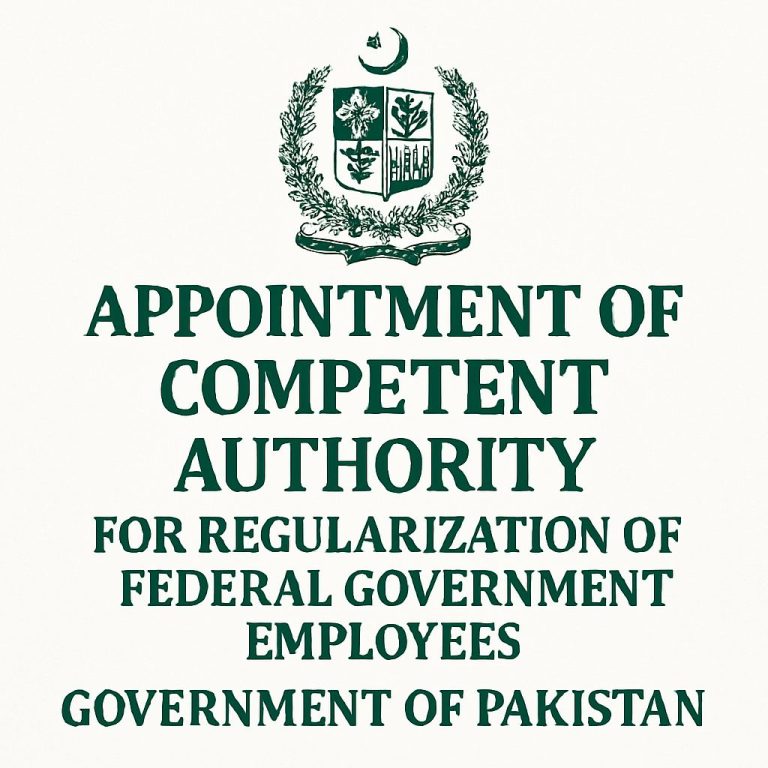
Discover leadership strategies for the 21st century. Learn how to inspire innovation and build high-performing teams that drive success.
Introduction
In the fast-paced and ever-changing business world of the 21st century, leadership is more important than ever. Today’s leaders must possess a unique set of skills to navigate challenges, inspire innovation, and foster a positive workplace culture. This article explores key leadership strategies that are essential for building high-performing teams and driving organizational success.
Leading with Empathy
Empathy is one of the most critical leadership traits in the modern workplace. In an era where employee well-being and work-life balance are top priorities, leaders must show genuine concern for the needs and feelings of their teams. Leaders who lead with empathy build trust, loyalty, and a strong sense of community within their teams.
Empathy allows leaders to connect with employees on a deeper level, understand their challenges, and provide support when needed. By being approachable and understanding, leaders can create a safe environment where employees feel heard, valued, and motivated to perform at their best.
Inspiring Innovation and Creativity
Innovation is the backbone of business success in the 21st century. Leaders must cultivate a culture that encourages creativity, experimentation, and calculated risk-taking. By fostering an environment where employees feel comfortable sharing new ideas and challenging the status quo, leaders can spark innovation that drives business growth.
Leaders can inspire innovation by encouraging open communication, providing resources for creative thinking, and recognizing employees for their contributions. It’s also essential to support a mindset that embraces failure as a learning opportunity, not something to be feared. Innovation often arises from trial and error, and leaders must foster a safe space for experimentation.
Empowering Teams and Delegating Responsibility
Effective leadership in the 21st century involves empowering teams and allowing them the autonomy to make decisions. Rather than micromanaging, modern leaders trust their teams and delegate responsibilities to allow employees to take ownership of projects. Empowerment builds confidence, increases job satisfaction, and fosters a sense of pride in the work being done.
Delegating responsibility also encourages employees to grow and develop new skills. Leaders should provide the necessary support and guidance, but also allow their teams to take initiative and make decisions on their own. When employees feel trusted and empowered, they are more likely to contribute to the team’s success and demonstrate higher levels of engagement.
Building a Collaborative Culture
Collaboration is key to the success of high-performing teams. In the 21st century, leaders must foster a culture of collaboration, where employees from different backgrounds and departments work together toward a common goal. By encouraging teamwork and creating cross-functional opportunities, leaders can unlock the collective intelligence of their teams.
Collaboration promotes creativity, problem-solving, and a sense of unity. Leaders should create opportunities for team members to collaborate, communicate openly, and share ideas. Tools such as collaboration software (e.g., Slack, Microsoft Teams, Zoom) make it easier for teams to work together, whether in-person or remotely.
Embracing Diversity and Inclusion
Diversity and inclusion are essential components of modern leadership. The most successful teams are those that embrace a diverse range of perspectives, experiences, and backgrounds. Leaders must prioritize creating an inclusive environment where all employees feel respected and valued, regardless of their differences.
Diversity fosters creativity and innovation by bringing together individuals with unique ideas and experiences. By embracing diversity, leaders can create a richer, more dynamic team culture that drives business success. Additionally, inclusive teams tend to have higher morale, better communication, and stronger problem-solving abilities.
Leading with Transparency and Integrity
Transparency and integrity are fundamental to effective leadership. In the 21st century, employees expect leaders to be honest, open, and accountable. Leaders who lead with integrity inspire trust and loyalty, while those who are transparent build a sense of inclusion and collaboration within their teams.
Transparent leadership means being clear about decisions, expectations, and company goals. Integrity involves making ethical decisions and consistently doing what is right, even when it is difficult. Leaders who demonstrate these qualities set the tone for the entire organization and create an environment of mutual respect and trust.
Conclusion
Leadership in the 21st century is about inspiring innovation, building high-performing teams, and creating a culture that embraces empathy, transparency, and collaboration. Leaders who empower their teams, foster creativity, and lead with integrity are well-positioned to drive organizational success. By prioritizing these leadership strategies, businesses can thrive in a rapidly evolving world and stay ahead of the competition.






